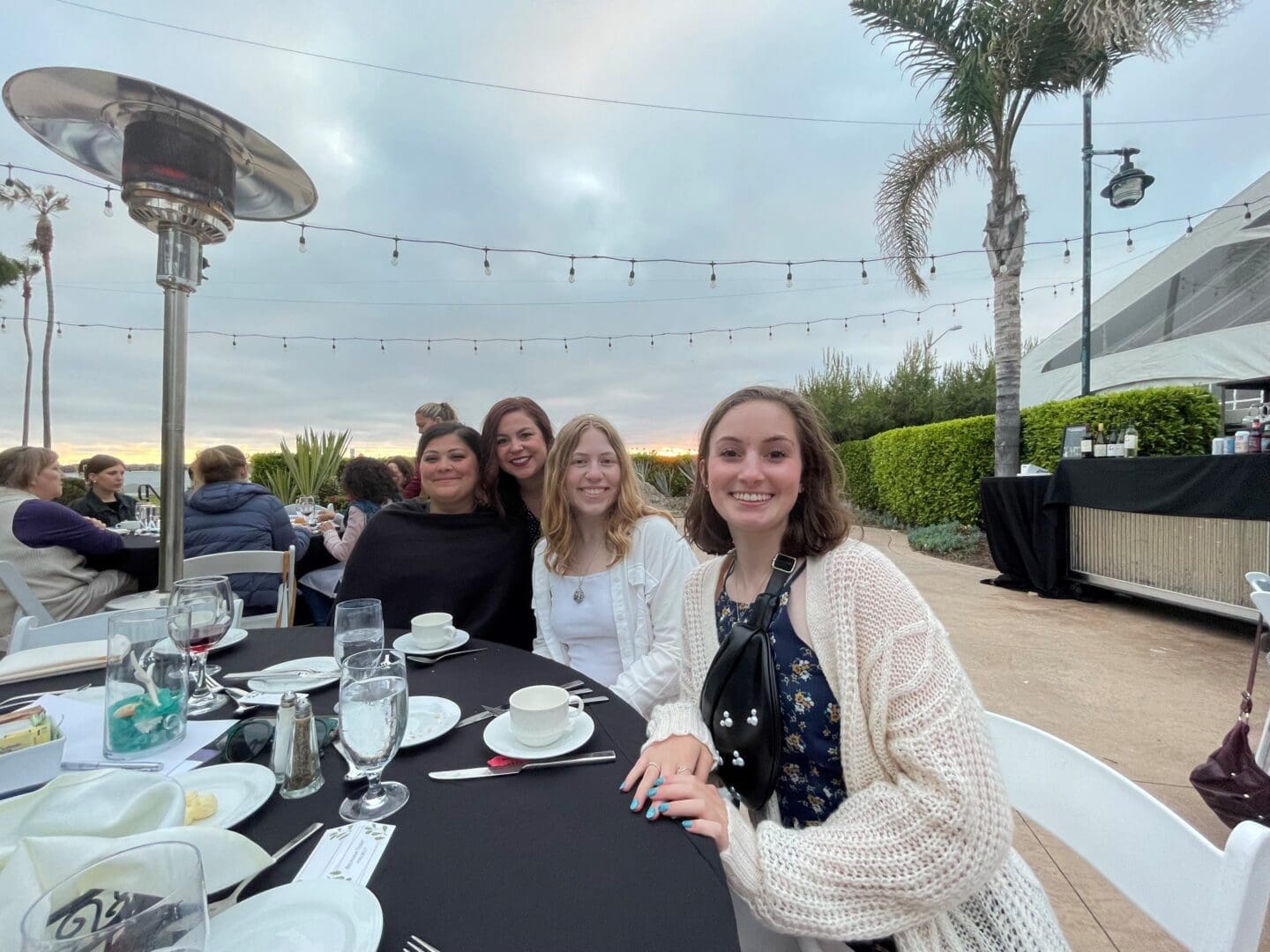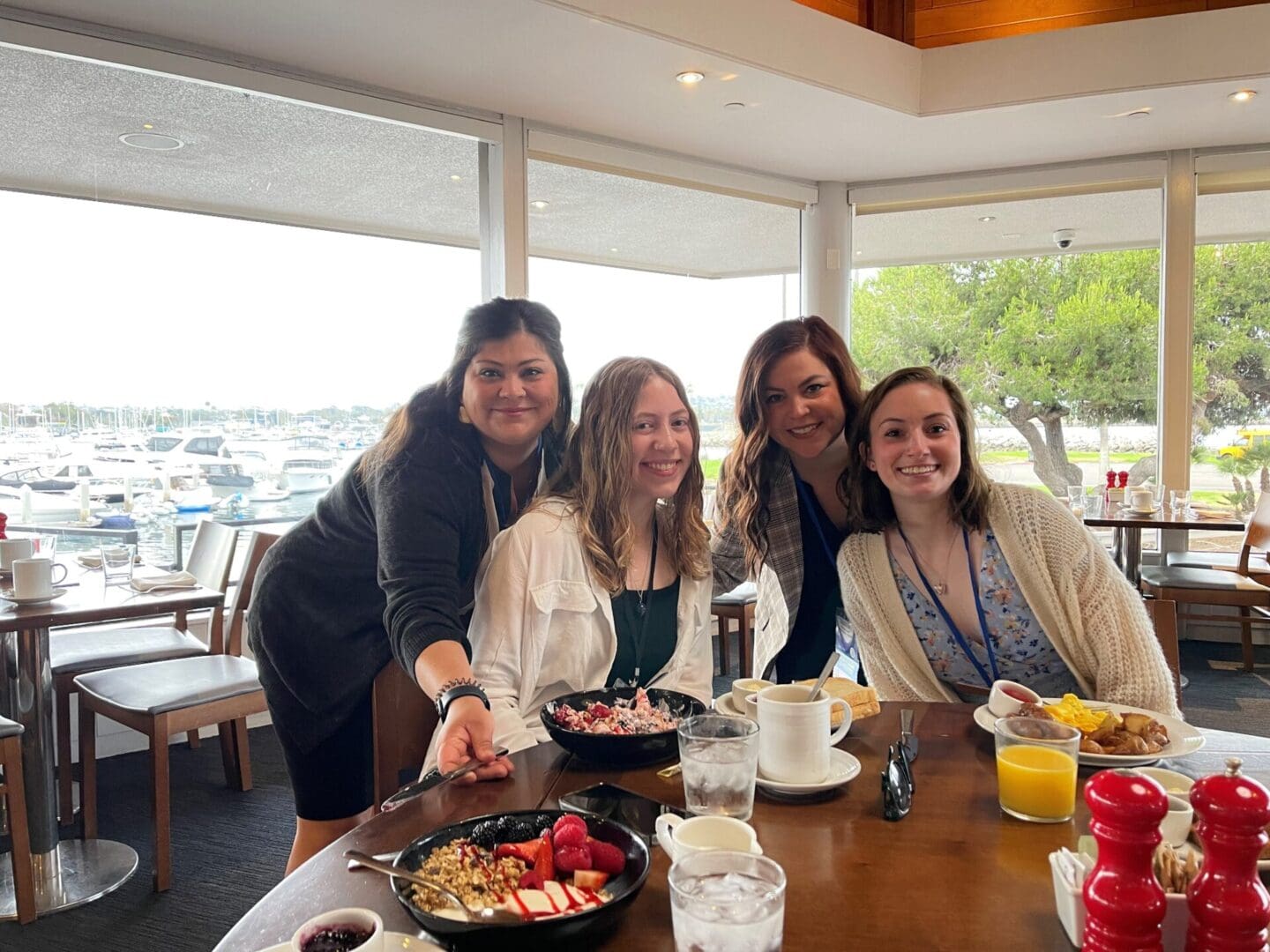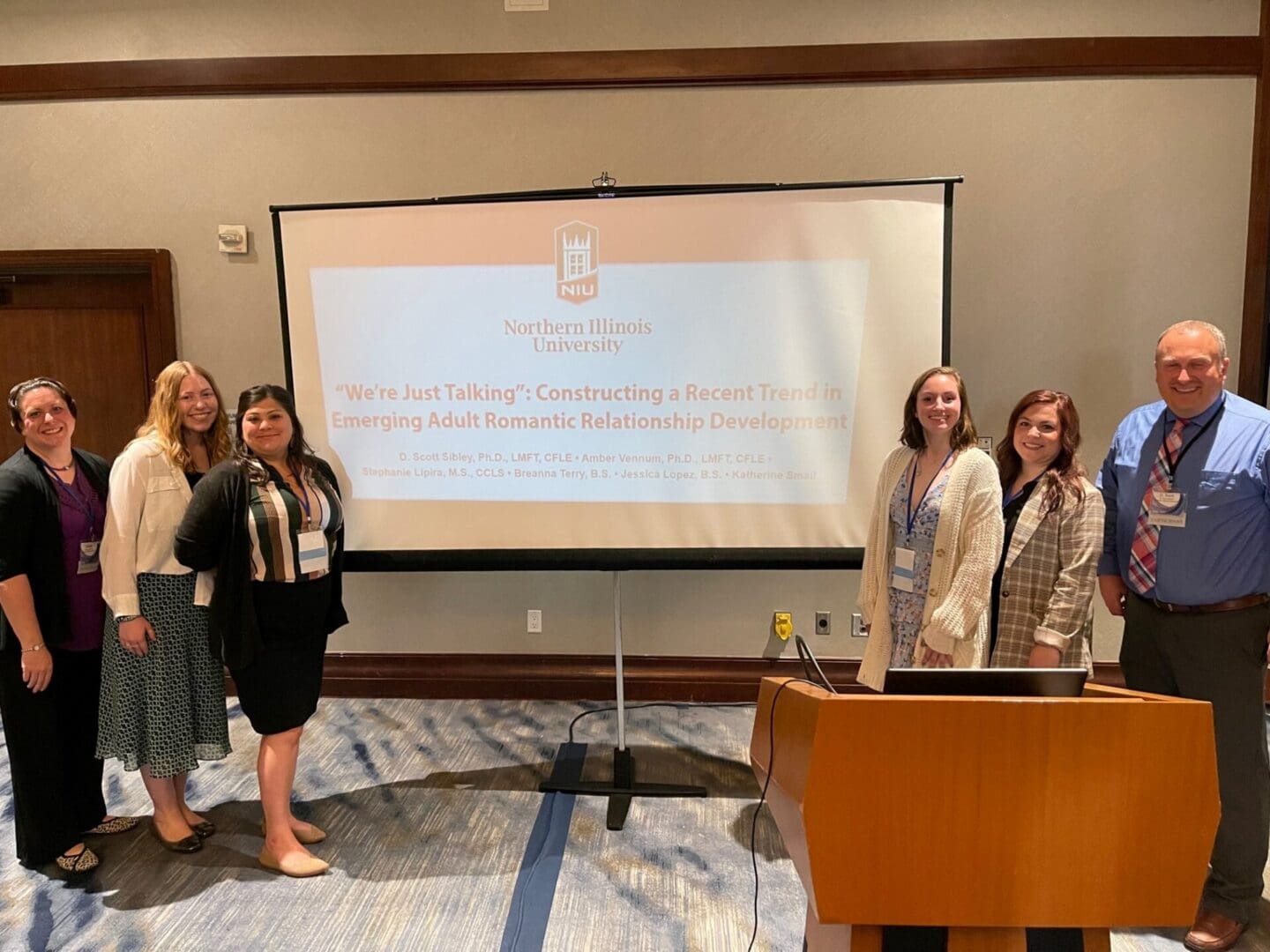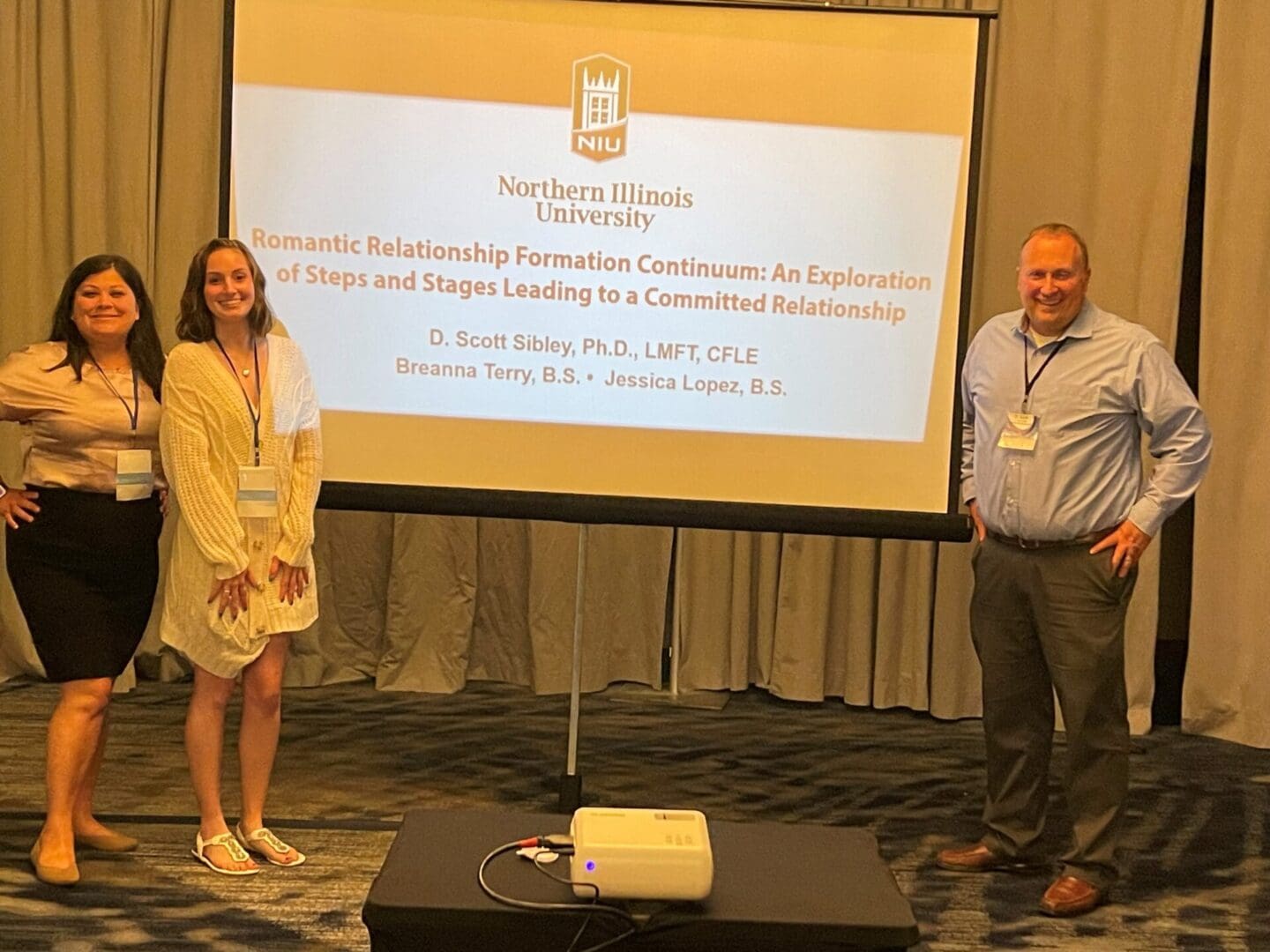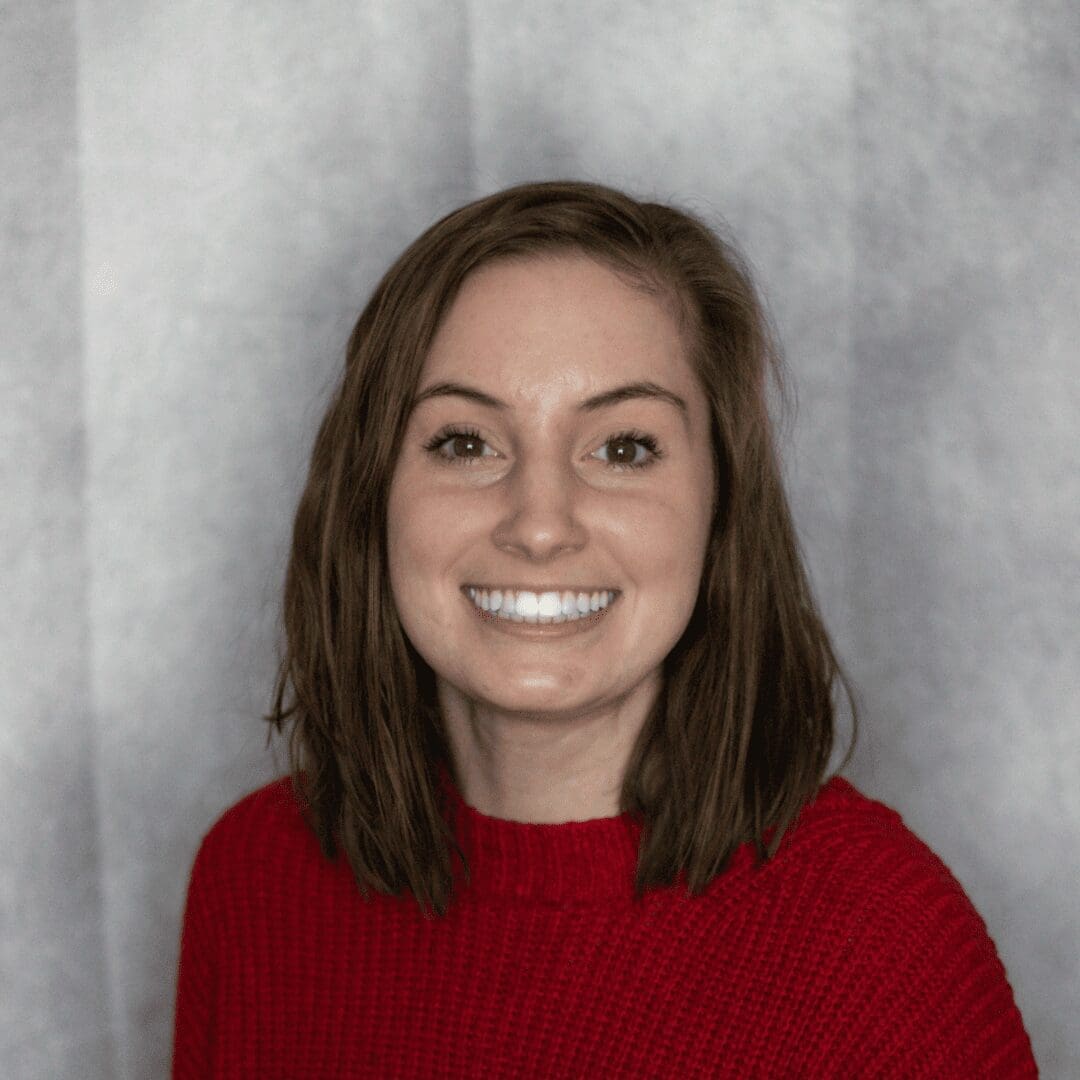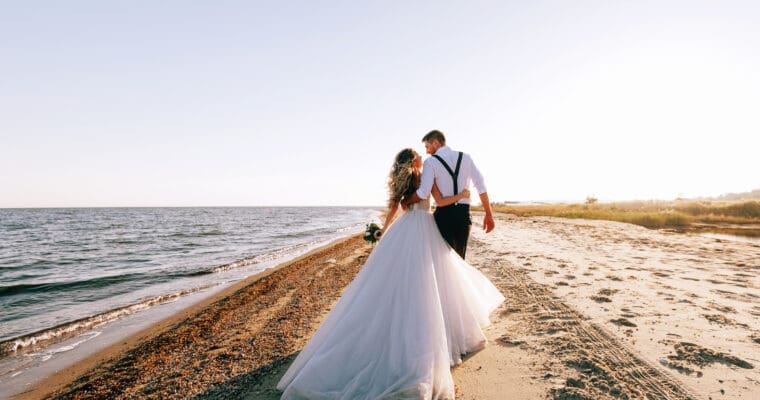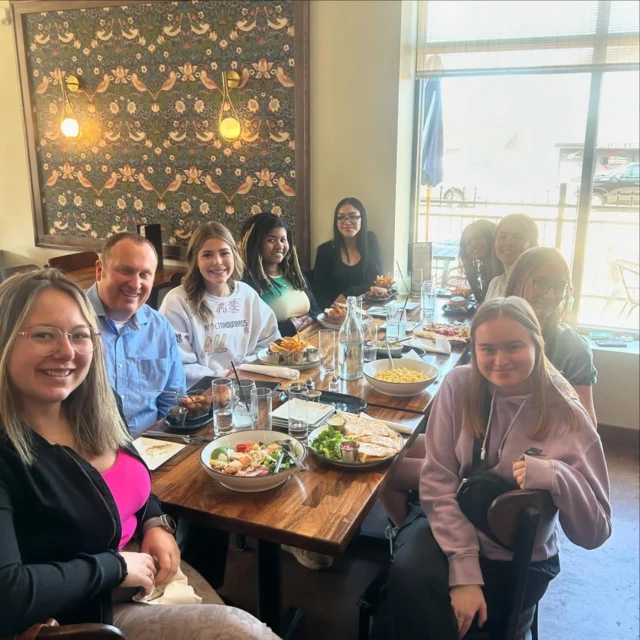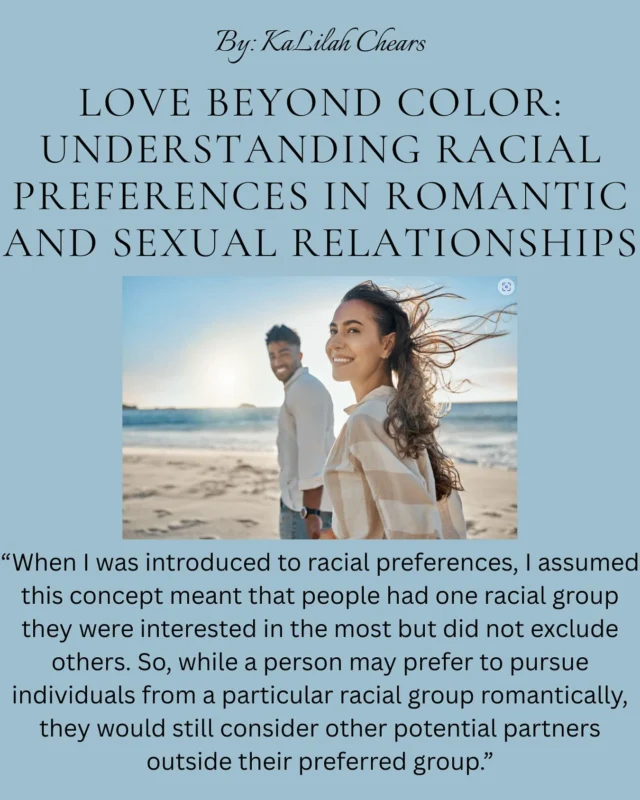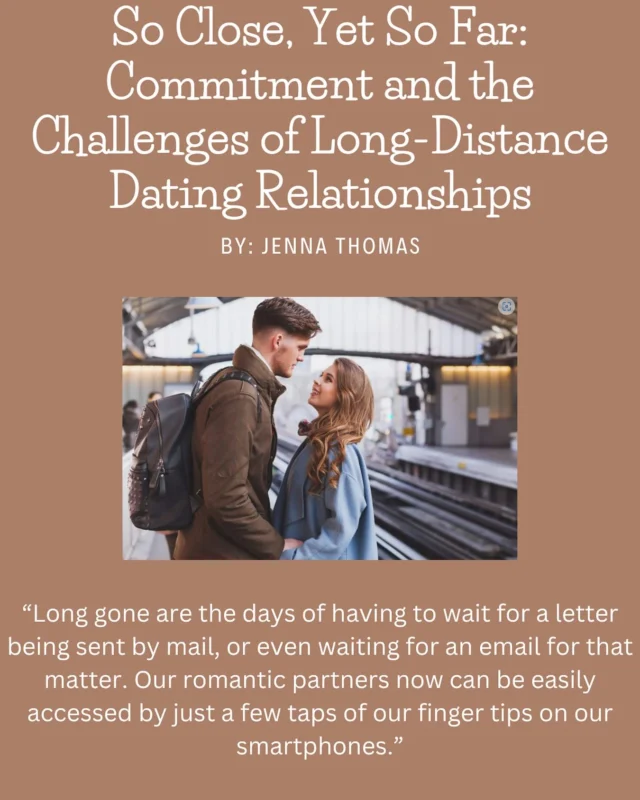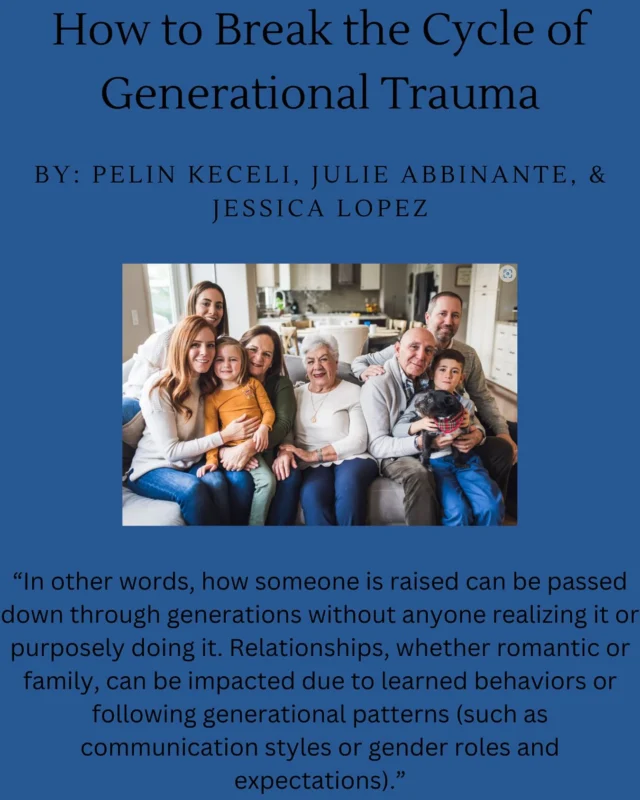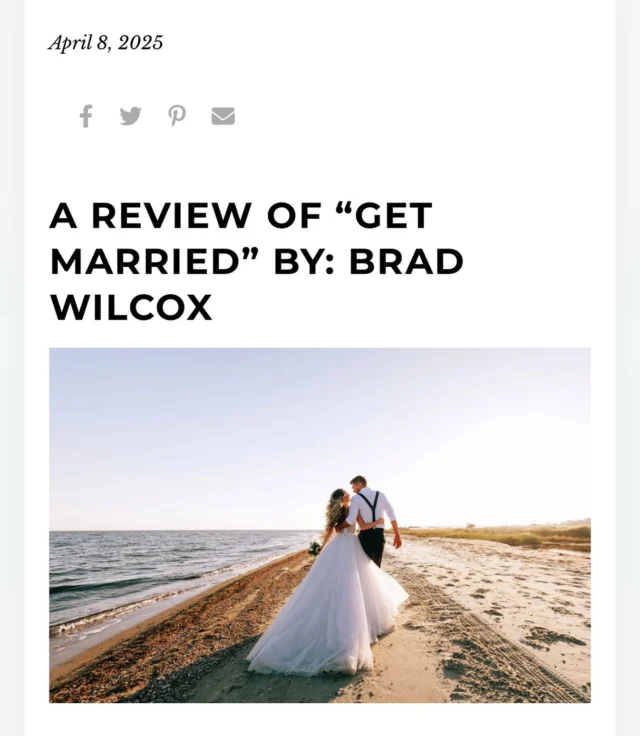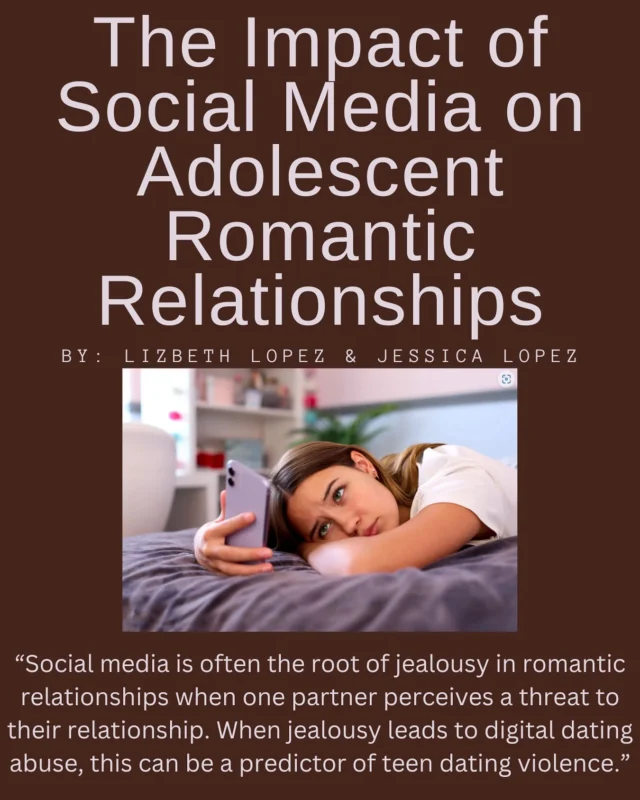On June 15th through 17th, Dr. Sibley, Stephanie Lipira, Jessica Lopez, Katherine Smail, and myself had the pleasure of presenting some of our research at the Society for the Study of Emerging Adulthood (SSEA) 2023 Conference in San Diego, California, at the Hyatt Regency Mission Bay Spa and Marina. Several of us had taken separate flights to California, but we were excited to see each other when we arrived! On the day before the conference, Stephanie, Jessica, Katherine, and I all went out to sushi at Sushi Ota to talk about the presentation we had on Friday, which was “We’re Just Talking”: Constructing a Recent Trend in Emerging Adult Romantic Relationship Development, which was a presentation we had also presented back in March at the Illinois Conference on Family Relations.
After we went to lunch and practiced our presentation, we decided to find some relaxing activities to do together! The team, minus Dr. Sibley (who was with his family at the time), decided to go to the pool for a little while, and then we decided to go kayaking from the hotel we stayed at! We kayaked from the marina at our hotel to Mission Beach. Some of us collected seashells while others walked the beach. We even saw some sea lions up close while we kayaked. After we finished kayaking, we went to dinner at a Mexican place called Sorrento’s Street Tacos. After dinner, everyone returned to their rooms to go to bed and mentally prepare for the day we had all been so anxious for, presentation day.
We woke up bright and early Friday before our 8:00am session. We met with Dr. Sibley to get breakfast in our systems before presenting. We felt very prepared to present after taking the night before to prepare. This was the morning when we presented “We’re Just Talking”: Constructing a Recent Trend in Emerging Adult Romantic Relationship Development (click link to access the full presentation in PDF format). Our colleague Dr. Amber Vennum also co-authored this paper with Dr. Sibley, and it will be submitted for publication soon!
Our research presentation addressed these three research questions:
- RQ1: How do emerging adults conceptualize just talking?
- RQ2: What are emerging adults’ reasons for just talking?
- RQ3: How does emerging adult technology use facilitate the just talking process?
After this presentation, we all got ready for a terrific speaker presentation. After lunch, we all went our own ways into sessions that interested us. After that, we joined back up again for another speaker presentation. This was a highlight of the day for all of us as we got to listen to Dr. Jeffrey Arnett, who coined the term “emerging adulthood,” give a presentation on independence in emerging adulthood using some examples from his research, as well as his twins, who are now 23 years old.
Once we finished seeing presentations and guest speakers, we all got ready for something we had been looking forward to (especially Dr. Sibley), which was our Gala Dinner. Everyone was dressed up in lovely dresses and dress shirts. At the gala, we were served a 4-course meal which either included halibut, chicken, or a vegetarian option as the main meal. We talked about research opportunities, how we felt about our classes coming up in the fall, and future conferences we would like to attend. We also played a fun virtual escape game even though we didn’t win. Overall was a great night to bond as a team and plan things for the future.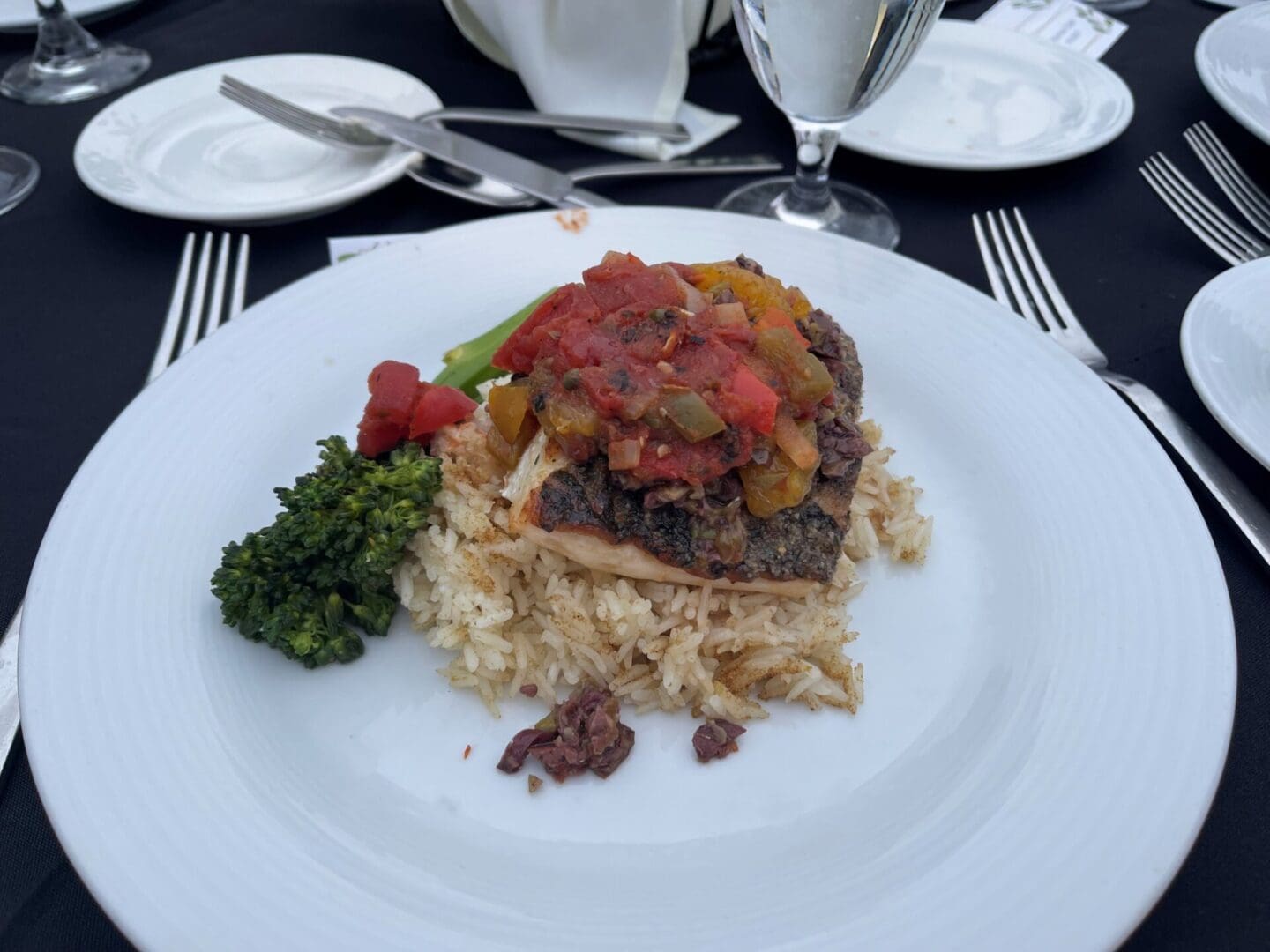
Saturday was our last day at the conference and some of us were flying home that day. This left Jessica, Dr. Sibley, and me to present our final presentation at the last session of the conference, which was the Romantic Relationship Formation Continuum: An Exploration of Steps and Stages Leading to a Committed Relationship (click link to access the full presentation in PDF format). This research was quite fascinating to present. Breanna and Dr. Sibley had presented this presentation before at the ILCFR 2022 conference, but this would be the first time we had shown the actual drawings in which participants drew out the pathways to commitment. Our research presentation addressed four research questions:
- RQ1: What do emerging adults believe is the purpose of romantic relationships?
- RQ2: What are the steps and stages in a romantic relationship and how do they progress to a committed relationship?
- RQ3: How do emerging adults feel about marriage and their personal preparation for this committed relationship?
- RQ4: How do the steps and stages that lead to a committed relationship differ to previous generations?
Overall, we had a fantastic time at the conference! This was a great learning experience for those of us who had never traveled outside of Illinois for a conference before. We are also very grateful that most of us got funding from NIU’s Office of Student Engagement and Learning, which allowed us to experience this opportunity. We also got to spend a lot of time together, bonding and creating memories that will last a lifetime. Our team would also like to thank Dr. Sibley for allowing us to travel out of the state with him to help present some of our research. We are very much looking forward to next year when we start planning for more conferences and bringing new research team members with us!
Discover more from Decide To Commit
Subscribe to get the latest posts sent to your email.
